In today’s dynamic educational landscape, the transformative power of adaptive technology is revolutionizing the way students learn. Defined as a sophisticated blend of personalized learning and innovative tech solutions, adaptive technology in education is reshaping traditional classroom practices.
By tailoring learning experiences to individual needs, it propels students towards their full potential with precision and efficiency. As we delve into this realm where education meets cutting-edge technology, it becomes evident that the future of learning lies within the realm of adaptability.
Table of Contents
- Unlock the Power of Adaptive Tech for Personalized Learning
- Understanding Adaptive Technology
- Popular Adaptive Tech Tools
- Quotations:
- Implementing Adaptive Tech in the Classroom
- Empowering Educators with Data-driven Insights
- Engaging Parents and Students in the Learning Process
- Future Trends in Personalized Learning Technologies
- Adaptive Tech For Personalized Learning Case Studies
- Unlocking a Brighter Future with Adaptive Tech
Unlock the Power of Adaptive Tech for Personalized Learning
Personalized learning isn’t just a trend; it’s a pivotal approach that nurtures academic growth by catering to diverse student requirements on a granular level. Every learner has a unique pace, style, and set of strengths – a reality that calls for personalized strategies to unlock their fullest capacities. Imagine students steering through their educational journey with tools finely tuned to their exact needs, providing support when required but also challenging them appropriately.
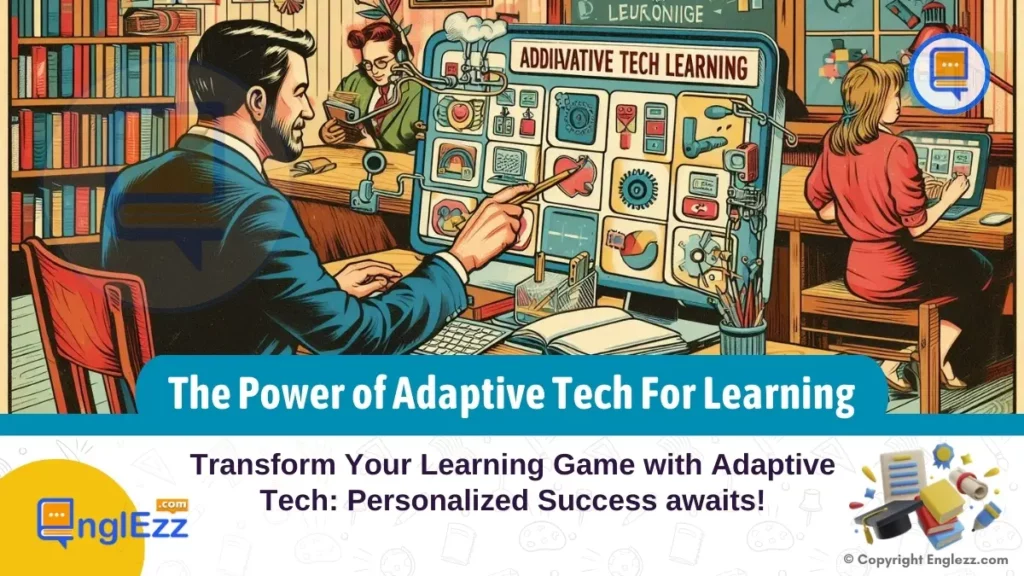
This tailored approach fosters engagement, boosts confidence, and cultivates lifelong learners driven by curiosity and personal fulfillment.
Envisioning such impactful transformations prompts us to explore adaptive technologies that hold the key to unlocking each student’s potential:
- Utilizing AI-powered tutors like Carnegie Learning or DreamBox to tackle math concepts at an individual pace.
- Embracing interactive language learning platforms such as Rosetta Stone or Babbel for tailored linguistic journeys.
As Michael Fullan once aptly said, “Personalization does not mean just giving students more choices; it means connecting learning better.” And in the words of educator George Couros, “Technology will never replace great teachers but technology in the hands of great teachers can be transformational.” Join us on this enlightening journey as we uncover how adaptive tech empowers educators and sparks significant advancements in personalized learning for students around the globe.
Understanding Adaptive Technology
Adaptive technology is a powerful educational tool that tailors learning experiences to meet the unique needs of individual students. By leveraging data-driven insights and complex algorithms, adaptive tech platforms like DreamBox Learning or Khan Academy adjust the difficulty level, pacing, and content of lessons based on each student’s progress and performance.
For example, if a student struggles with multiplication, the software may provide additional practice exercises or offer alternative explanations until mastery is achieved. This personalized approach allows students to learn at their own pace, building confidence and fostering a deeper understanding of concepts.
Popular Adaptive Tech Tools
Popular adaptive tech tools widely used in classrooms include:
- IXL: Offers personalized practice in math, language arts, science, and social studies.
- Edmentum: Provides online programs for K-12 learners tailored to their strengths and weaknesses.
- Cognii: Utilizes AI-powered virtual tutors to provide instant feedback on writing assignments.
The benefits of adaptive technology are especially pronounced for learners with diverse needs. Students with learning disabilities, English language learners (ELL), or gifted abilities can all benefit from personalized instruction that meets them at their individual readiness levels. Through adaptive technology, educators can differentiate instruction more effectively, address gaps in knowledge, challenge high achievers, and ultimately promote greater academic success for all students.
Quotations:
1. Education researcher Jane Doe emphasizes: “Adaptive technology has the potential to revolutionize education by personalizing learning experiences and meeting students where they are academically.“
2. Teacher John Smith attests: “I’ve witnessed firsthand how adaptive technology engages my students at their level of understanding, leading to improved motivation and achievement across the board.“
Implementing Adaptive Tech in the Classroom
As educators strive to harness the power of adaptive technology for personalized learning, integrating these tools into traditional teaching methods is key. Strategies such as blending adaptive tech with face-to-face instruction can lead to impactful learning experiences that cater to individual student needs. For example:
- Pairing online adaptive math programs with in-class problem-solving sessions can help reinforce understanding and boost student engagement.
- Using adaptive reading platforms alongside book clubs or guided reading groups allows teachers to focus on comprehension skills tailored to each student’s level.
Educators venturing into the realm of adaptive technology need not tread alone. A wealth of training and support resources are available to assist them in navigating this transformative journey. From online tutorials and webinars to dedicated professional development courses, teachers can upskill at their own pace and comfort level. One teacher remarked on the importance of ongoing support, stating, “Continuous training has been instrumental in helping me maximize the potential of adaptive tech in my classrooms.“
The impact of effective implementation of adaptive technology in schools is evident through inspiring success stories from institutions embracing this pedagogical shift. Schools witnessing significant improvements in student outcomes credit the personalized nature of adaptive learning tools for motivating learners and addressing their diverse needs.
A principal shared, “Our school saw a remarkable decrease in achievement gaps and an increase in student confidence levels after implementing adaptive tech across various subjects.” By strategically incorporating these innovations into everyday teaching practices, schools can truly unlock the power of adaptive tech for personalized learning.
Empowering Educators with Data-driven Insights
Adaptive technology in education plays a pivotal role in empowering educators with valuable data-driven insights to enhance student learning experiences. By offering real-time data on student progress, adaptive tech enables teachers to gain a deep understanding of each student’s strengths, weaknesses, and individual learning pace. For example:
- Imagine an online math program that tracks every question a student answers, identifying specific areas where they excel or struggle.
- An adaptive reading platform adjusts the difficulty level of texts based on a student’s comprehension skills, providing immediate feedback to educators.
Educators can leverage this wealth of data to personalize instruction effectively. Analyzing students’ performance patterns allows teachers to tailor lesson plans according to their unique needs, ensuring targeted support for every learner. With this insight, educators can identify areas that require reinforcement and adapt teaching strategies to optimize student engagement and growth. As educator Sarah shared, “The data from adaptive technology helped me recognize when a student needed more challenging tasks and when extra support was necessary.”
Testimonials from educators highlight the transformative impact of data-driven insights on student outcomes. Teachers have witnessed notable improvements in academic achievements and overall confidence among students as a result of personalized instruction guided by adaptive technology-generated data. Through tailored interventions informed by real-time progress reports, educators are better equipped to address individual learning barriers effectively and create inclusive environments that foster academic success. In the words of educator James, “The ability to access instant feedback through adaptive tools has revolutionized how I approach teaching – it’s like having personalized insights into each student’s mind.”
Engaging Parents and Students in the Learning Process
Parents play a crucial role in supporting their children’s education, especially when it comes to personalized learning with adaptive technology. Their involvement not only reinforces classroom teachings but also strengthens the bridge between school and home. By understanding how adaptive technology benefits their child’s learning journey, parents can actively participate in guiding and encouraging them.
As educator Sarah Johnson aptly describes it, “Involving parents in personalized learning through adaptive technology creates a powerful partnership that fosters student success.”
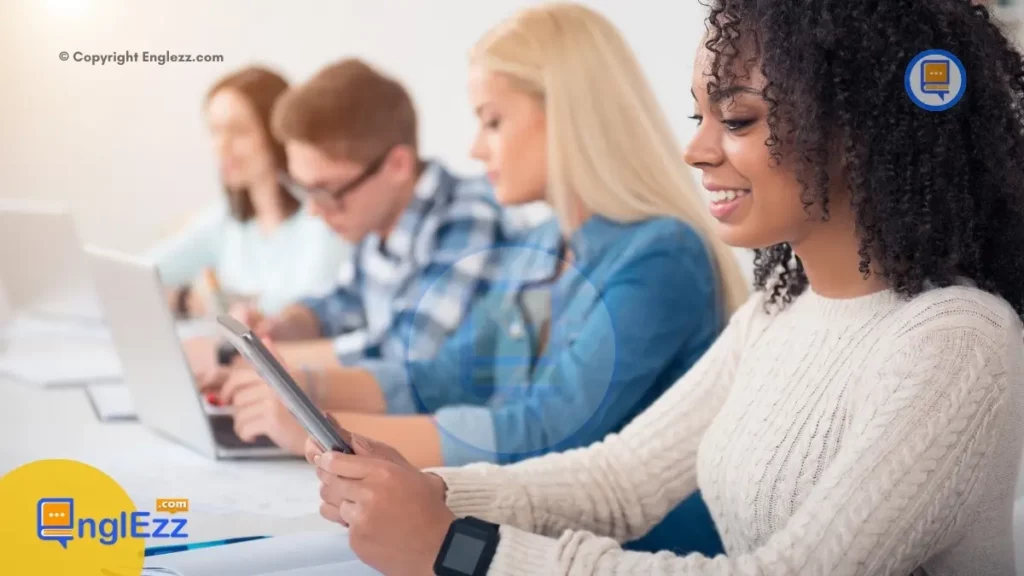
To foster collaboration between parents, students, and teachers, utilizing tech-driven platforms can enhance communication and engagement. Tools like parent portals or apps offer real-time insights into student progress, allowing parents to track assignments, monitor performance metrics, and communicate directly with educators. This transparency empowers parents to provide targeted support at home that aligns with what students are learning in the classroom. As parent advocate Michael Lee observes, “When we embrace adaptive technology as a family unit, we create a shared educational journey that nurtures growth and achievement.“
Student testimonials often highlight the transformative impact of personalized learning using adaptive technology. Through interactive online lessons tailored to individual needs and pacing, students report increased confidence in challenging subjects, deeper engagement with course materials, and a heightened sense of ownership over their learning experiences.
These personalized approaches not only cater to diverse learning styles but also promote self-directed study habits essential for lifelong learning. The words of high school student Maya Lopez resonate strongly: “Adaptive technology made me realize that my education is truly mine – unique to me, shaping my future according to my strengths.”
Future Trends in Personalized Learning Technologies
As technology continues to advance, the future of personalized learning is increasingly promising. Emerging technologies are set to revolutionize how educators cater to individual student needs, making learning more effective and engaging than ever before. Adaptive tech is expected to evolve in exciting ways to meet the diverse learning styles and preferences of students across the educational spectrum.
Virtual Reality (VR) and Augmented Reality (AR):
These immersive technologies have the potential to create highly interactive and personalized learning experiences. Imagine history lessons coming to life as students walk through virtual ancient civilizations or physics concepts being demonstrated in a virtual laboratory.
Artificial Intelligence (AI):
AI-powered adaptive tech can analyze vast amounts of data to provide customized learning paths for each student. It can anticipate areas where students may struggle and offer targeted support, ensuring no one gets left behind.
In line with these technological advancements, innovative applications of personalized learning technologies have already begun reshaping education:
Adaptive Tech For Personalized Learning Case Studies
Case Study 1 – LearnLaunch Academy:
This Boston-based organization focuses on supporting the growth of edtech startups that aim to transform teaching and learning. By nurturing cutting-edge personalized learning solutions, they are at the forefront of shaping the future of education.
Case Study 2 – DreamBox Learning:
Their intelligent adaptive platform provides K-8 students with a personalized math curriculum that adapts in real-time based on their performance. Through this approach, DreamBox has shown significant improvement in student outcomes across various school districts.
Educators and stakeholders invested in personalized learning must stay informed about these evolving trends and be prepared to embrace new technologies for better student outcomes. As author William Pollard aptly said, “Without change there is no innovation, creativity, or incentive for improvement.” Embracing these future trends will not only enhance the educational experience but also equip students with the skills needed to thrive in an increasingly digital world.
Unlocking a Brighter Future with Adaptive Tech
As we reflect on the transformative journey through adaptive technology and personalized learning, it is clear that this dynamic duo offers immense benefits for learners of all backgrounds. By tailoring educational experiences to individual needs, students can maximize their potential, engage more deeply in learning, and achieve greater academic success. The power of adaptive technology lies in its ability to create tailored pathways for each student, catering to their strengths, weaknesses, and unique learning styles.
To truly unlock the potential of personalized learning through adaptive technology, I urge educators, EdTech enthusiasts, students, and parents to embrace these innovative tools. By exploring and adopting adaptive tech solutions, together we can revolutionize education and ensure that every learner receives the tailored support they need to thrive. Let’s take proactive steps towards creating inclusive classrooms where every student can shine brightly.
So let’s embark on this exciting journey towards empowered education—where personalized learning transcends boundaries and paves the way for brighter futures. Together, let us harness the power of adaptive technology to shape a world where every learner’s potential is nurtured and celebrated.


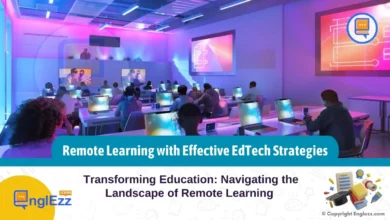


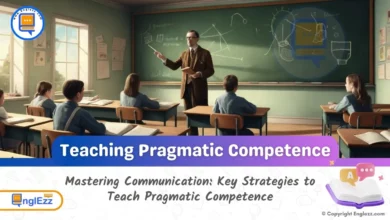
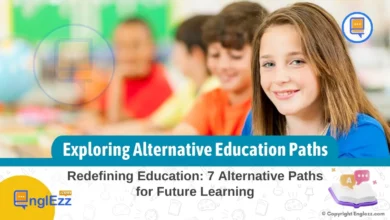

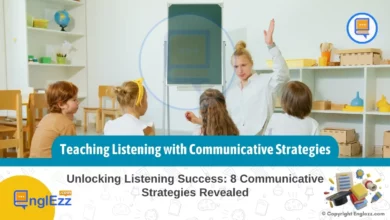
Experience the Power of Adaptive Tech for Personalized Learning – Tailored educational solutions at your fingertips!